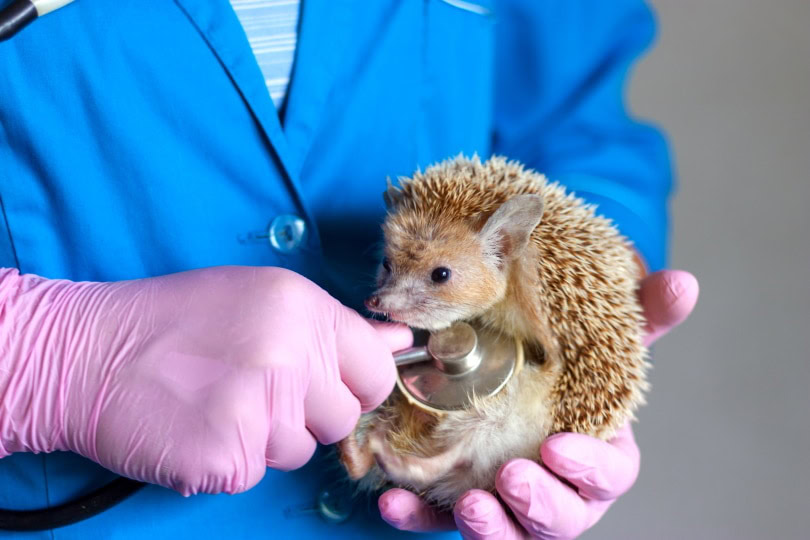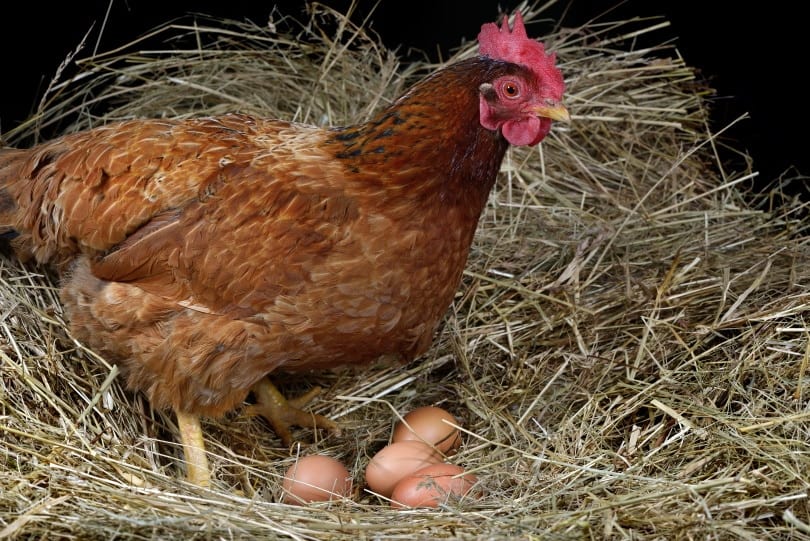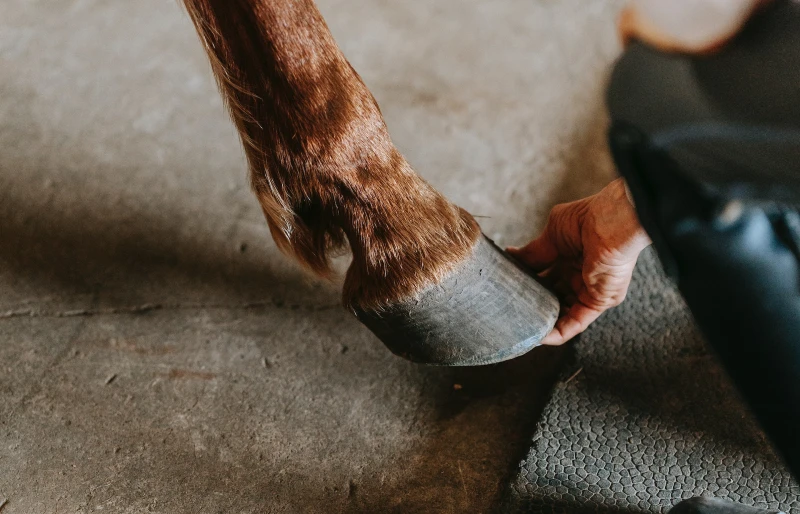VET APPROVED

The information is current and up-to-date in accordance with the latest veterinarian research.
Learn more »Click Below to Skip Ahead
Hedgehogs are delightful and unique creatures, that can become pleasant—albeit prickly—companions for devoted owners. Health issues in our spiny friends are never fun and can be stressful for even the most seasoned owner. Domestic hedgehogs can suffer from a wide range of illnesses, however, one which may be especially concerning to the attuned owner is Wobbly Hedgehog Syndrome. The following guide will discuss this disease, how it is recognized and diagnosed, as well as treatment and prognostic information.

What Is Wobbly Hedgehog Syndrome?
Wobbly Hedgehog Syndrome (WHS), also known as demyelinating paralysis, is a progressive neurologic disease affecting African Pygmy hedgehogs. The condition has been reported since the 1990s and has been noted to affect approximately 10% of pet African hedgehogs in North America. The cause of this syndrome is unknown, however is thought to be hereditary. The onset of symptoms associated with WHS can occur at any age, however is most commonly seen in hedgehogs less than 2 years old.

Recognizing Signs of WHS
Symptoms of WHS may vary and often start with more subtle or sporadic changes including:
- Inability to roll into a ball
- Lack of coordination, or seeming off balance
- Stumbling
- Wobbling
Signs associated with WHS are progressive, and will typically advance to include the following:
- Self-mutilation
- Ocular abnormalities
- Dramatic weight loss
- Seizures
- Scoliosis (sideways curvature of the spine)
- Difficulty eating
- Paresis (weakness) of hindlimbs, which eventually progresses to paralysis (loss of motor function) affecting both hindlimbs and forelimbs
How is WHS Diagnosed?
If you are concerned that your hedgehog may have WHS, an exam by a veterinarian is recommended. A diagnosis of WHS may be suspected based on physical exam findings and a history of symptoms noted at home. Blood work or x-rays may also be considered by your veterinarian to help rule out other possible causes for neurologic symptoms in hedgehogs, including brain tumors, intervertebral disc disease, or hepatic encephalopathy. A definitive diagnosis of WHS cannot be made until after death, when characteristic spongy change is noted on microscopic evaluation of the brain and spinal cord.

Treatment Options for Wobbly Hedgehog Syndrome
There is unfortunately no effective treatment available for hedgehogs with WHS. Attempted therapies for WHS have included vitamin supplementation, antibiotics, steroids, acupuncture, and physical therapy. These treatment options have unfortunately been unsuccessful in preventing the progression of paralysis associated with this condition. Care for hedgehogs with this condition is largely supportive, and may consist of strategies tailored to their specific symptoms:
- Keeping food and water within easy reach of hedgehogs that are having difficulty moving around
- Keeping their cage warm, clean, and dry
- Ensuring they are safe from falls should they lose their balance
- Bathing them if they become dirty
- Using towels or other soft bedding to help them stay upright
Quality of Life and Prognosis
The rate at which the symptoms of WHS progress is variable, however complete paralysis may be seen in hedgehogs within 9-15 months after signs are first noted. Death from the disease is typically noted within 18-25 months. Supportive and symptomatic care for your hedgehog is essential after WHS has been diagnosed, however equally important is an honest evaluation of their quality of life with this condition.


Conclusion
Your veterinarian will be able to help guide you as to when euthanasia may be a compassionate, and appropriate next step for hedgehogs suffering from this progressive illness. Losing a hedgehog to WHS can be extremely difficult, however, a solid knowledge of the condition and its prognosis can make end-of-life decisions slightly less burdensome.
Featured Image Credit: Michal Sloviak, Shutterstock










